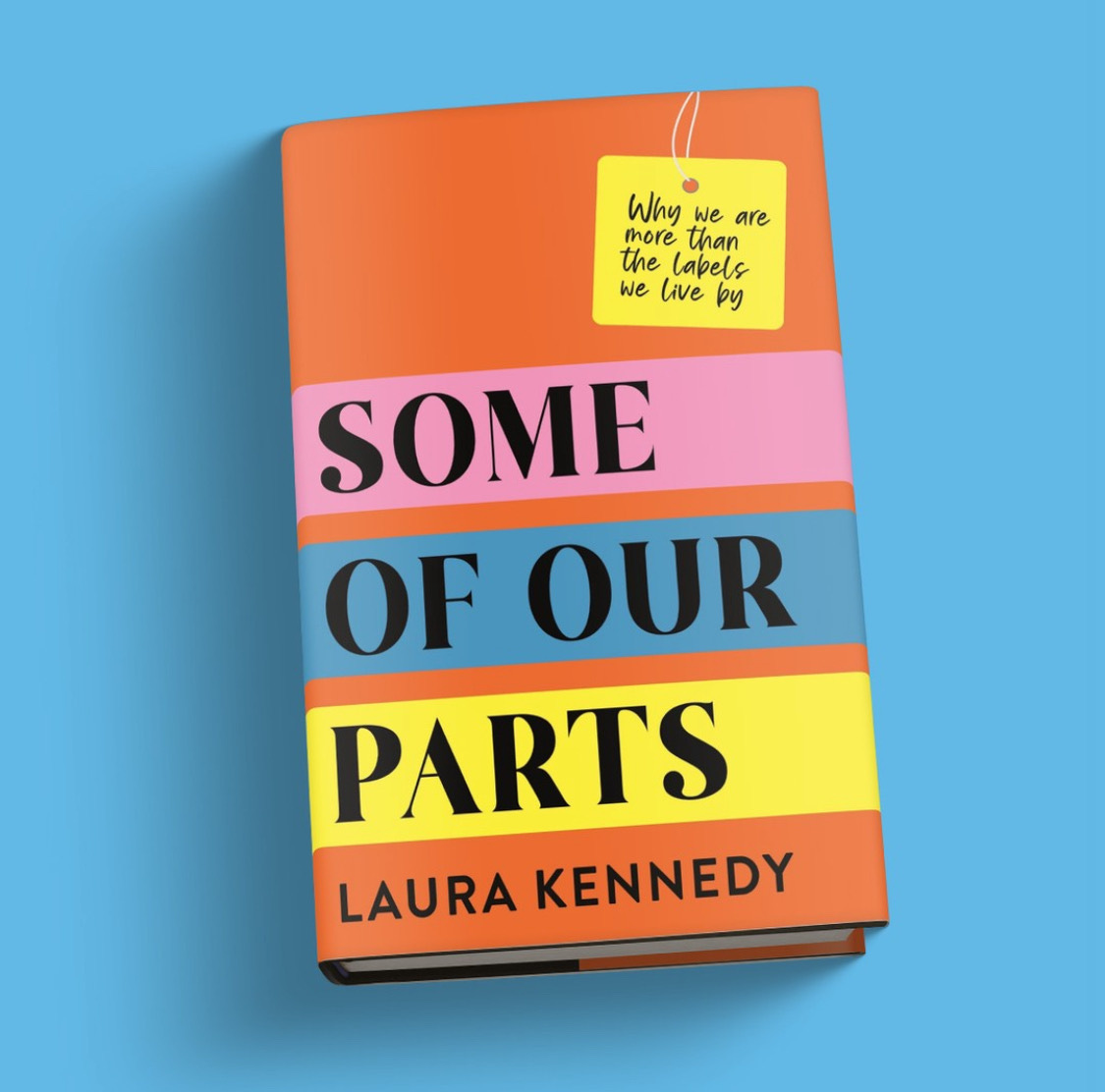36 More Lessons for Being Alive in This Absolute Mayhem
'A false apology is an act of self-betrayal' and 'being liked is not a route to becoming a good person', among others
If Peak Notions has brought you value, made you think, or irritated you in a way your therapist would agree is constructive, actually, please consider a paid subscription. It will gain you access to perks like bonus and audio content, the Peak Notions Book Club and the weekly chat. Shares are also an incredibly helpful form of support, so please do consider sending this to a friend you’d like to constructively irritate. Or an enemy. We don’t discriminate.
The last time I wrote one of these, it opened with “we all know listicles are a gutless cap doff to the narrowing attention spans of an overstimulated era, so I thought I’d write one.” That remains broadly correct — I don’t think that short thoughts are a substitute for carefully considered and expressed ideas, but then that’s only a problem if we’re conflating the two.
So I’m not suggesting that the thirty-six thoughts, or ideas, or lessons (or whatever else you want to call them) below are philosophy, or any substitute for a decently constructed argument. I think of them more as a rudimentary form of what philosophers call ‘pumps’ — simplified thoughts that might drive ideas, arguments or intuitions. I write them down in case there’s anything there that will prompt an idea when I go to decide what I’ll write about for Peak Notions on any given week. You’ll know if any of the below serve that ‘pump’ purpose for you if they resonate, challenge, prompt interesting reactions or help to build on ideas or thoughts you’d already been considering.
The Notes app in my phone is full of thoughts like the below, along with reminders to ‘buy retainer cleaner’ and ‘call Martin before Thursday!’ (that one’s concerning - I have no recollection who Martin is). As always, I’d recommend taking what’s of use (if anything) and leaving the rest!
Things will not ‘slow down after next week’ and you’re definitely going to die. Just do the thing if not doing it is making you unhappy.
Honesty is a form of deep respect for yourself and for others.
Sharing your most unfiltered and unchecked thoughts as though they are primordial truths is not honesty— that’s being an asshole.
Romantic love is not the most valuable kind. It’s just the most celebrated.
Doubt is not a weakness. It is a hallmark of responsibility. Certainty should be suspicious, especially when it is justifying cruelty, contempt or intellectual laziness.
We are encouraged to absorb the beliefs of the culture we grow up in without real interrogation. If you believe as everyone around you does, the only way to be sure your beliefs are sincerely held and robust is to challenge them.
Convenience is not always a value worth maximising. It comes at a cost.
We live in a culture which conflates pain with dramatic displays of pain.
Don’t be ashamed of your home. It isn’t a brand activation. It’s an archive of your choices, your preferences and the compromises you’ve made. There’s no indignity in that.
You will not be the same person after experiencing grief. Other people will expect you to be, though, and you have to learn to manage that too.
There is no contradiction between outward restraint and feeling deeply. We often cannot see what others feel.
A person’s taste is not superficial. It represents where they have come from, what they lacked before they had the freedom to choose for themselves, and what they learned to value once they gained it.
Taste is not objective. Sneering at someone else’s is a sign of complacency and intellectual paucity.
It’s not shameful to care about how you look, but it is boring —and a problem — if it informs the majority of what you think or say.
Suffering does not automatically make you wise. It’s value neutral.
There is no virtue in pretending not to care. Performed detachment is often a self-protective ploy by people who are insecure, unconfident and precious about looking bad (or silly, or wrong, or cringe) to other people.
The ability to remain calm when other people don’t is a criminally underrated life skill.
Vanity and dignity are more closely related than we think. To be totally without vanity is to have an aversion to yourself.
Socioeconomics and class influence outcomes beyond all else.
Our harshest moral judgement should be reserved for ourselves. Criticise others when they merit it by all means, but ensure that you live by your own moral standards.
Most apologies are insincere, self-serving or a covert form of negotiation. This only makes it more important to apologise as an unequivocal acknowledgement of wrongdoing. If you can’t do this, you’re not sorry.
A false apology is an act of cowardice and self-betrayal.
You are probably noticed more than you are acknowledged. We all want to feel seen, and striving in the dark is really hard. Some people do notice, even if they don’t say so.
You will be misinterpreted. That is not a valid reason to shrink or quit.
A lot of wellness culture is old fashioned shame culture with a more sanctimonious hat on.
Not every difficult feeling or cluster of feelings is pathological. Some emotions and struggles need space and time, not a label.
You have an obligation of care to yourself and other people. You need to meet that obligation. You can be frustrated, upset, and absolutely not enthused sometimes. Obligation is not necessarily fair.
Doing the right thing is not the same as being recognised for it. Moral seriousness often goes unrewarded. It still matters.
Love is not adoration, but recognition. It creates no obligation to protect the mental image someone else has formed of you. It is the deep, solid, resounding and profoundly comforting knowledge that they already value you as you are.
Being liked is not a route to becoming a good person.
Getting older is not a loss. With age (if you make the best of it) can come pattern recognition, tolerance of others’ mistakes as well as our own, and a liberating, compassionate understanding that nothing is clear cut.
You are not another person’s project. Love entails change and compromise, but should not require you to rewrite yourself.
Some of your best qualities emerge from some of your parents’ worst ones (but the same goes for our own parents). Resilience can have harsh origins.
You can be a serious thinker without being humourless. Solemnity is a performance of seriousness for the benefit of other people.
Thinking clearly does not require emotional detachment (that is impossible).
Philosophy is not self-help, but it may help you stop lying to yourself.
My book, Some of Our Parts: Why We Are More Than the Labels We Live By is out now! If you’d like to order the hardback, audio or Kindle editions, they’re linked below.





Regarding 9. I’m currently decorating the stairs and landing, so I won’t be applying a second coat to the woodwork because Laura said I don’t have to.
There is much that is thoughtful, wise and true in this excellent article.
I refuse to listen to any of it.